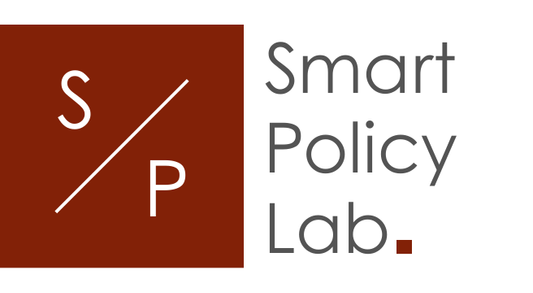In a recent interview with the Financial Times promoting her latest book, The Big Con, Professor Mariana Mazzucato is directing a scathing criticism towards consulting firms and governments’ over-reliance on them.
I do agree that a lot of what is being delivered by consulting firms lacks substance. And I also agree that government organizations should invest more in building their own capabilities.
While academia often promotes itself as an alternative to consulting in providing policy advice, academics have a long way to go before they become reliable partners to public leaders. Instead of dismissing consultants altogether, there are areas where academics can learn from consultants in order to improve how they work with governments.
Proper Client Engagement
Academics need to improve the way they engage with their counterparts in government. Regular interactions and managing expectations are key to successful projects. Some academics believe that being excessively responsive to clients may affect the integrity of their work. But with proper communication and engagement, academics can still meet the needs of their government counterparts while upholding their academic integrity.
Strong Project Management and Delivery
Research projects, like any other project, require a good project plan with a clear timeline and deliverables. It is easy for a research project to go off track or overrun if not managed properly.
Effective Communication
Academics need to learn how to communicate with people beyond the scientific community. They need to develop the ability to communicate technical details to non-technical audience through different mediums (including, yes, slides). Academics need to learn how to tell a compelling story rather than stating facts and information if they wish to convince people and motivate them into taking actions.
Originally posted on Linkedin on 14/2/2023


